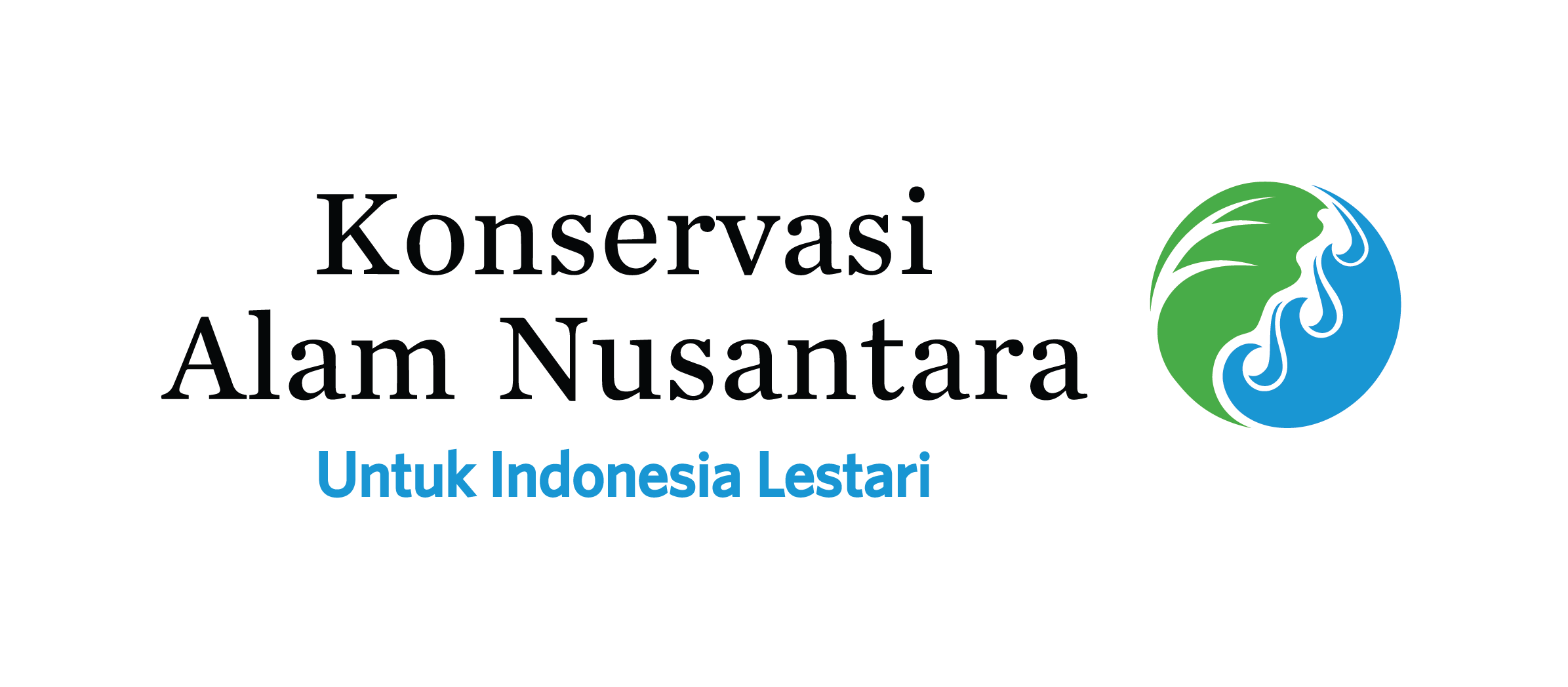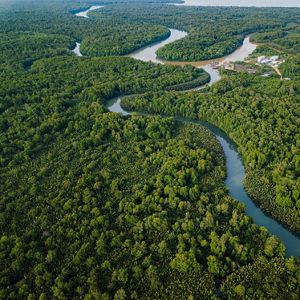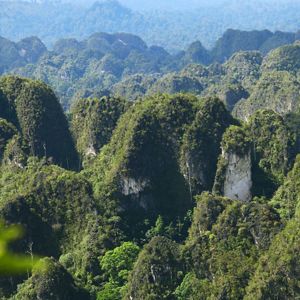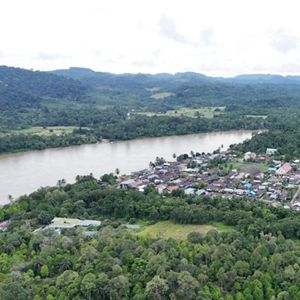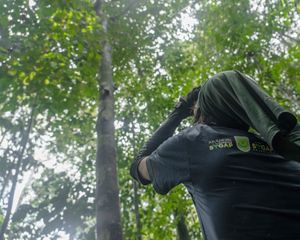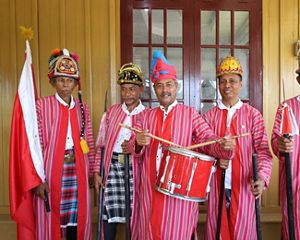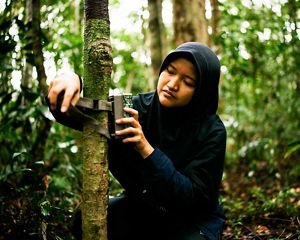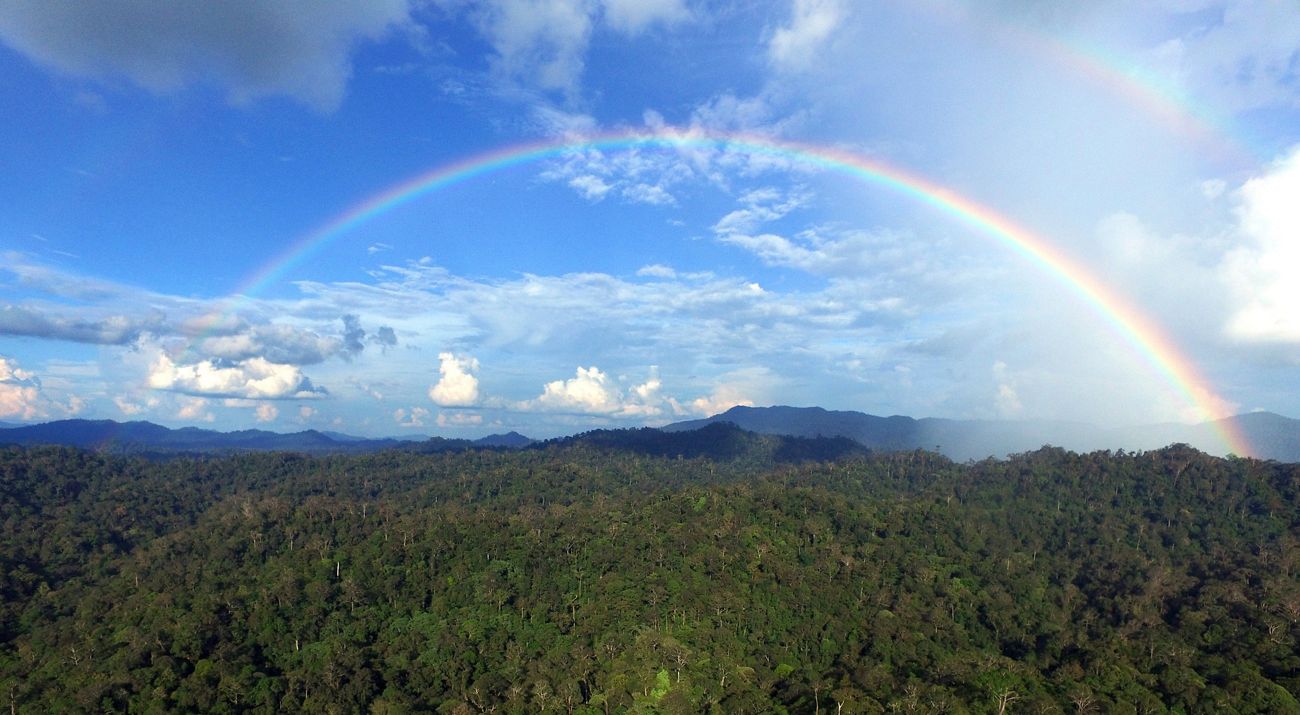
The SIGAP approach, initiated in 2010 in two forest-edge villages, aims to empower rural communities in managing natural resources. Starting in 2018, SIGAP's implementation expanded to 100 villages across Berau Regency, East Kalimantan. In 2022, SIGAP was replicated in two neighboring regencies: Kutai Timur in East Kalimantan and Bulungan in North Kalimantan.
Read: Habitat Damaged, Saltwater Crocodiles Threaten Humans
The main activities include training, coaching, and mentoring for village facilitators and government officials to enhance their capacity in planning and implementing village development initiatives. SIGAP operates in forest-rich areas, alongside efforts to support secure forest management rights through social forestry.
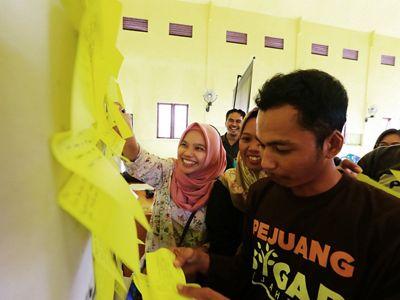
Initially, in 2010, the Ministry of Forestry launched the Berau Forest Carbon Program (BFCP), Indonesia's first jurisdictional REDD+ pilot project aimed at reducing emissions from deforestation and forest degradation. This project aimed to identify the sources and drivers of deforestation in Berau Regency, which is home to 179,000 people and has 75% of its 2.2 million hectares of land still covered by natural forests. To support BFCP, The Nature Conservancy (TNC) developed SIGAP (Community-Inspired Actions for Change), a community empowerment approach created through close collaboration with the residents of Merabu and Long Duhung villages in Kelay District.
Download
-
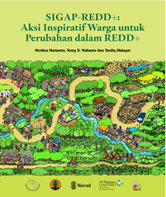 SIGAP REDD+
SIGAP REDD+SIGAP REDD+ is here to support community involvement in the Berau Forest Carbon Programme (PKHB) and REDD+ initiatives.
Download
SIGAP rests on three main pillars: improved village governance, natural resource conservation, and community welfare enhancement. The community facilitation follows the 7D stages: (1) Disclosure - connecting hearts and minds, (2) Define - discussing change themes, (3) Discover - identifying strengths, (4) Dream - declaring aspirations, (5) Design - detailing change plans, (6) Delivery - executing changes, and (7) Drive - amplifying successes.
In 2014, the implementation of the SIGAP approach began to be disseminated to other villages. Regularly, Community Learning Circle (LBM) events were organised to facilitate inter-village meetings for exchanging experiences, sharing successes, and learning new innovative practices. This event was fully supported by the Village Community Empowerment Office (DMPK) of Berau Regency and the Community Empowerment and Village Governance Office (DPMPD) of East Kalimantan Province. Yayasan Konservasi Alam Nusantara (YKAN), the main partner of TNC in Indonesia, assisted by Inspirit and the Nastari Foundation, organised a series of training workshops to promote the adoption of the SIGAP approach. The SIGAP application for smartphones was prepared as a digital platform for learning and sharing experiences among village facilitators and officials. A total of 1,000 smartphones equipped with the SIGAP application were distributed to facilitators and officials from approximately 150 villages in Berau Regency and several other regencies in East Kalimantan Province in 2018.
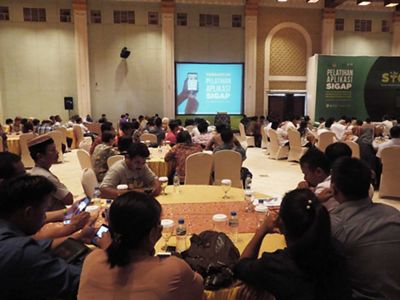
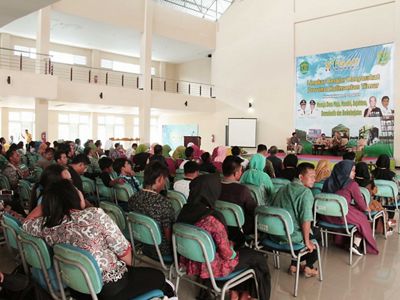
The adoption of the SIGAP approach also received support from the debt-for-nature swap programme between the governments of the United States and Indonesia, namely the Tropical Forest Conservation Act managed by the Kehati Foundation. Between 2012 and 2018, the SIGAP approach was implemented by NGOs receiving TFCA Kalimantan grants in 24 villages in Berau Regency.
